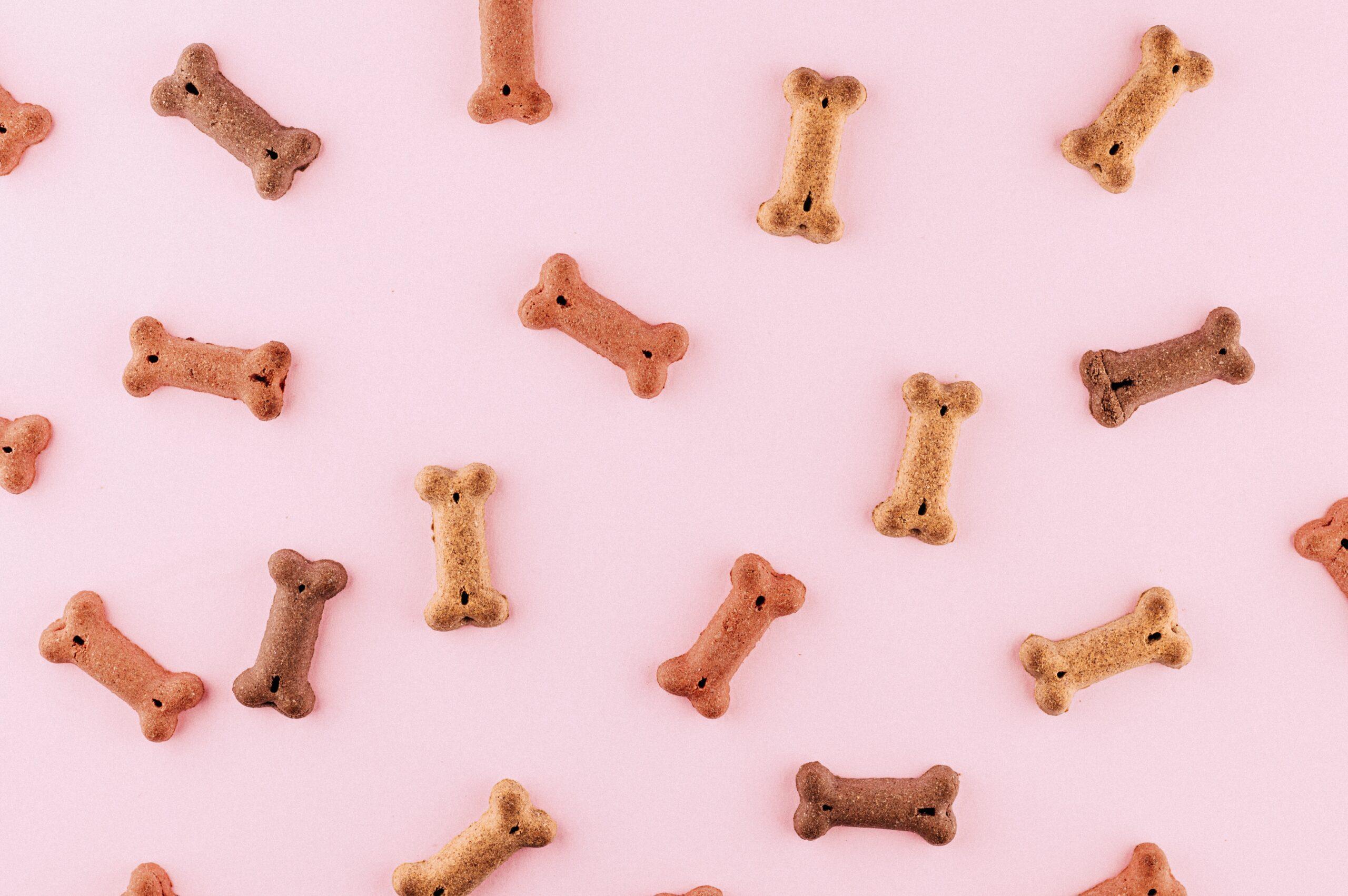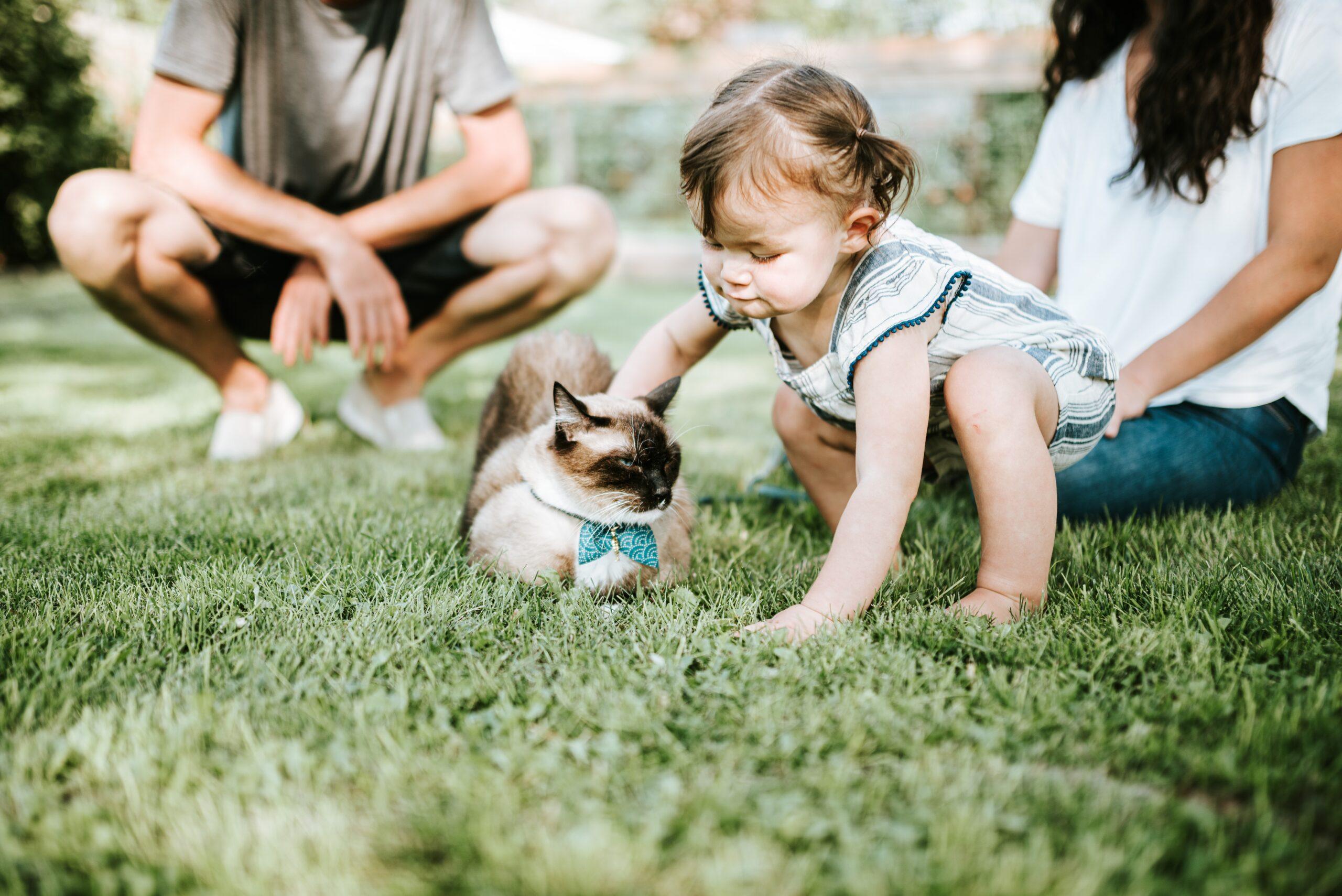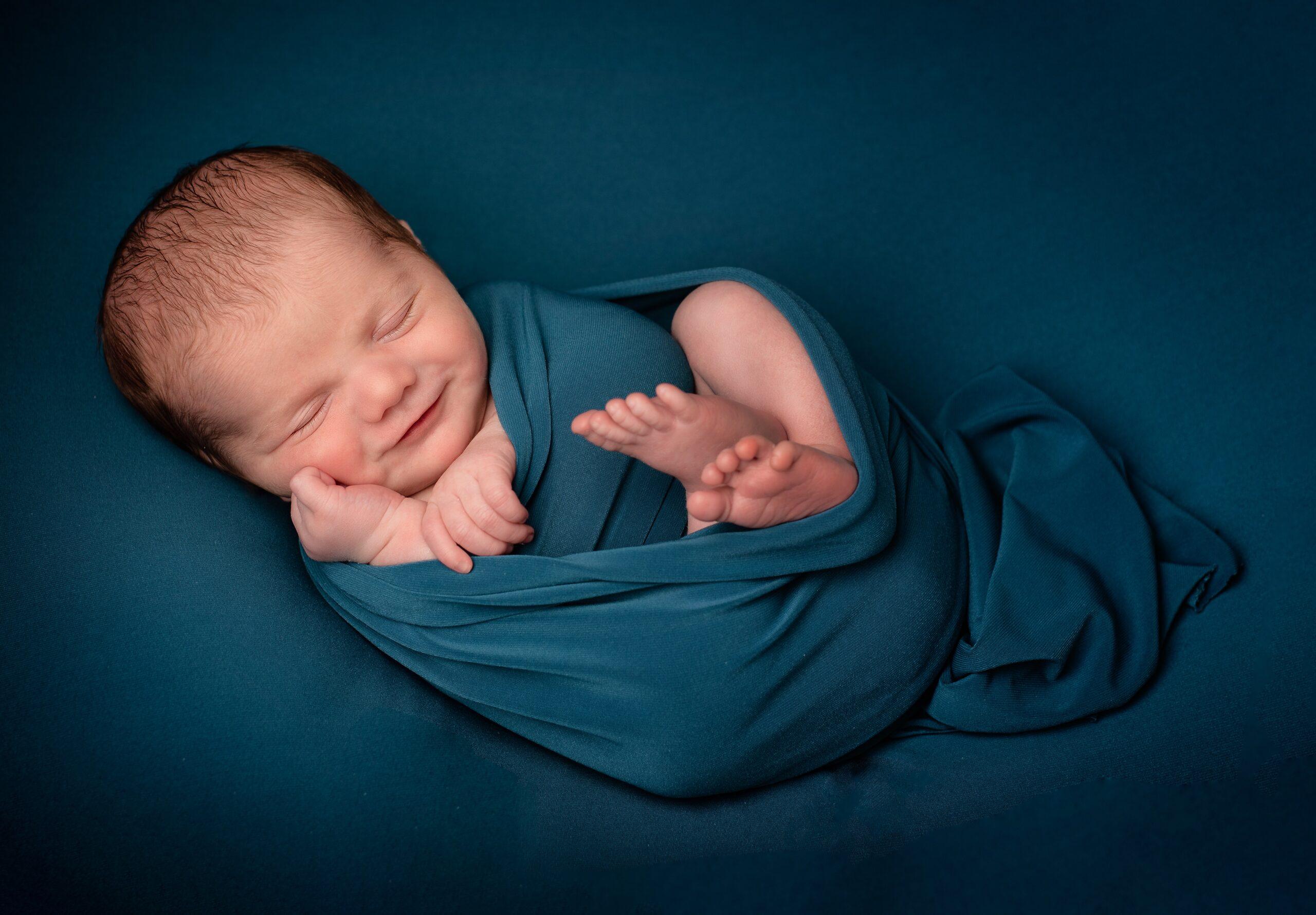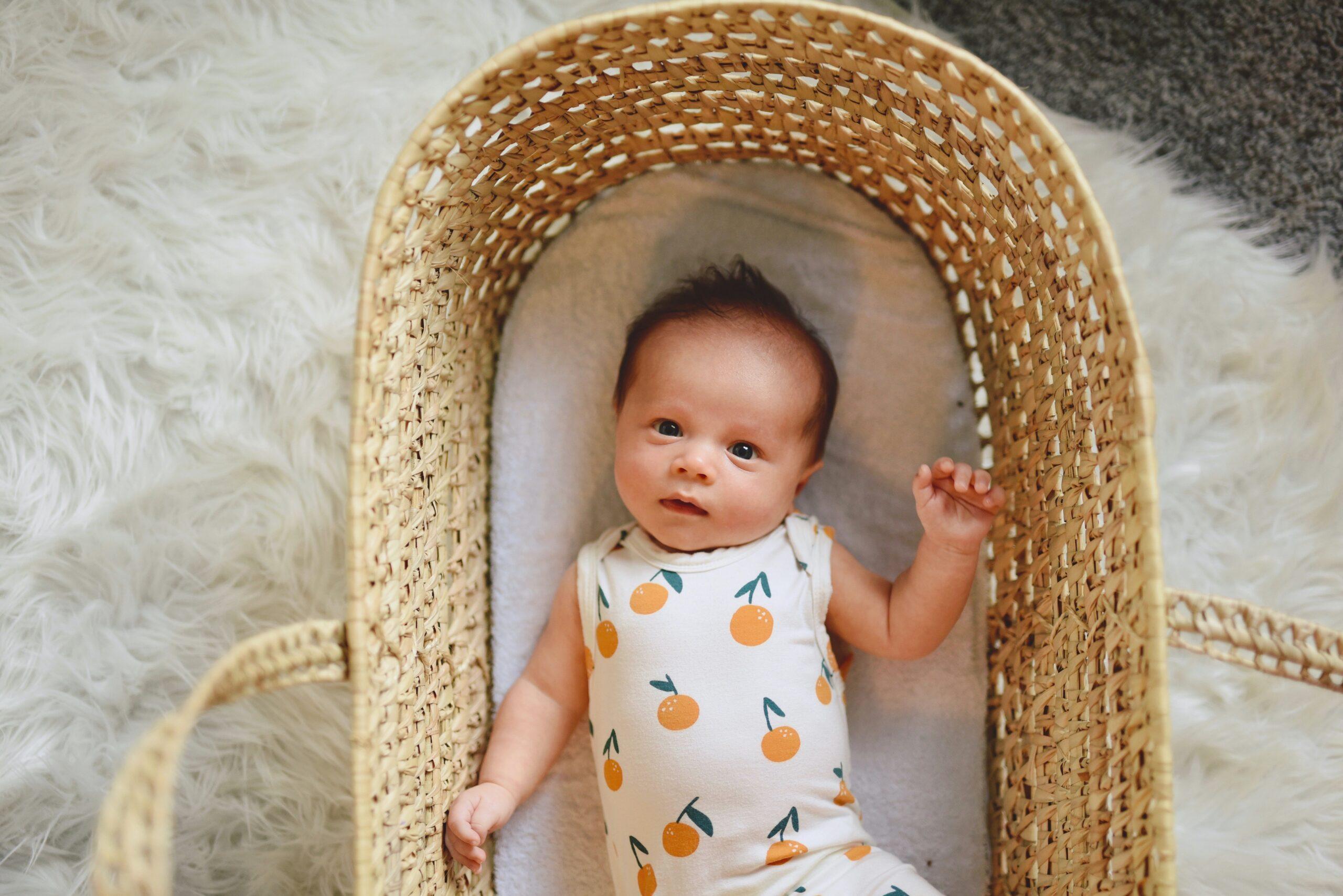Anticipating the birth of your child is an emotional roller coaster. While you fluctuate between feeling happy and anxious from one moment to the next sometimes simultaneously one thing remains consistent: There are a lot of things to do before your new bundle arrives.
Sharon Mear, behavior counselor and owner of Training Cats and Dogs in New York City, recommends prepping your pooch before your babys arrival. As you already have a lot on your plate with a baby on the way, the idea of getting your dog ready for the baby likely seems overwhelming. Fearful of dog bites and accidents, some expecting families even consider giving up their dogs. But, according to Mear, with the proper steps you can maintain a happy and safe home for both dog and baby.
According to the Centers for Disease Control and Prevention, of the 4.7 million people who have experienced dog bites close to 800,000 receive medical attention. About half of those people are children. The American Academy of Pediatrics recommends immediately restraining your dog if it bites someone. The best thing you can do is to separate the dog from the scene to prevent any other accidents.
At Monroe Carell Jr. Childrens Hospital at Vanderbilt, Shannon Alley, a pediatric nurse, advises parents that if their child is bitten by a dog, they should clean the wound right away with soap and water. For wounds that are large enough to stitch, she says, parents should take their child to a local hospitals emergency room.
Mear states that while any bite is unfortunate, statistically speaking dog bites are rare. But, most expectant parents Mear encounters are frightened, especially by things they hear on the news regarding dogs attacking children. And she says, If its a dog that youve never had a problem with, why would you expect it? In order to get your pooch R.E.A.D.Y. for the familys newest addition, heres what Mear suggests.
Retrain
Mear finds that most people seek her counsel after something has gone wrong in the home regarding a pet. Other parents may just panic and send the disobedient dog to a shelter. None of this has to happen if parents tweak Rovers training before the baby comes home.
What to do: Get your canine accustomed to a new walking and feeding schedule that anticipates changes of the babys arrival. Try bringing the baby stroller along on walks. If your dog likes to pull or lunge, Mear suggests using a halter or no-pull harness. Before the baby, it may have been fine for the dog to jump on the bed or couch. Thats going to be a no-no with your infant around. Create a unique space and retrain your pet to sleep there from now on.
Whats the lesson: By gradually retraining your dog, youre slowly preparing him for an imminent change before the baby comes home. That way, he is less likely to associate the baby with the changes.
Examine
Babies dont receive their vaccinations until theyre 2 months of age. And for some time their ability to fight off infections is minimal.
What to do: The American Academy of Pediatrics suggests that dogs get vaccinated against rabies and other preventable diseases. Its also important to stay on top of your dogs health, because it may affect how he behaves. Even the most docile animal can be easily provoked if he isnt feeling well. And while visiting your vet is crucial, dont neglect grooming issues such as trimming Fidos nails.
Whats the lesson: A clean bill of health for your pet and a cleanly groomed pet gets him off to a good start with your baby.
Allow
Your four-legged friend has been the baby in your life so far, something that changes with the birth of your actual baby. Thus, ensure your pooch doesnt get left in the cold. Set aside playtime and attention time for you and your dog, says Mear, uninterrupted if possible.
What to do: Allow your dog to explore the babys room and play areas. Let the pet sniff baby lotion or baby powder. Perhaps play tapes with baby sounds. Do not allow your dog to pick up any of the babys toys and correct the behavior immediately by saying no or drop it. If your canines toys resemble the babys toys, Mear advises that you purchase something like Kong Toys. Such toys are rubber and you can stuff a tasty treat in them for your dog. Most importantly, spend time with your dog before and after the baby is born. Allow for private time with your pooch whether it involves cuddling, petting or playing. These shared moments reinforce the dogs place in the family and keep you two connected.
Whats the lesson: Spend quality time with your dog and hell be less apt to compete for your affections when the baby comes home.
Dolls
If your pet isn’t used to children, slowly introduce him to other children you know. If you dont know anyone with children, Mear suggests using a doll.
What to do: Applying baby lotion and powder, make the doll smell like a baby. Observe your dogs behavior when youre cradling or rocking the doll. As always, use the appropriate commands like no when your dog isnt behaving correctly and give him a treat as positive reinforcement when hes putting his best paw forward.
Whats the lesson: Get your dog ready for his new sibling by exposing him to children early.
Your new arrival
Congratulations! Youve just had a baby. Now your little bundle of joy is on the way home. Remember, youve been away for a few days. Before you enter your home, let someone else hold the baby and greet your pet excitedly. This shows your pooch that you missed him.
What to do: Never leave the baby unattended with the dog. Slowly introduce your baby to your canine and dont feel pressed to rush everything. If your dog seems nervous, reassure him soothingly and confidently. Mear warns never to say, Dont worry, its OK, because it sends the wrong message that snarling or growling is acceptable around the baby.
Just make sure that youre paying attention and youre not ignoring the animal, says Mear. Things pretty much fall into place.
When you follow these tips, your dog and baby are headed toward a long and beautiful friendship, one paw-fect step at a time.




